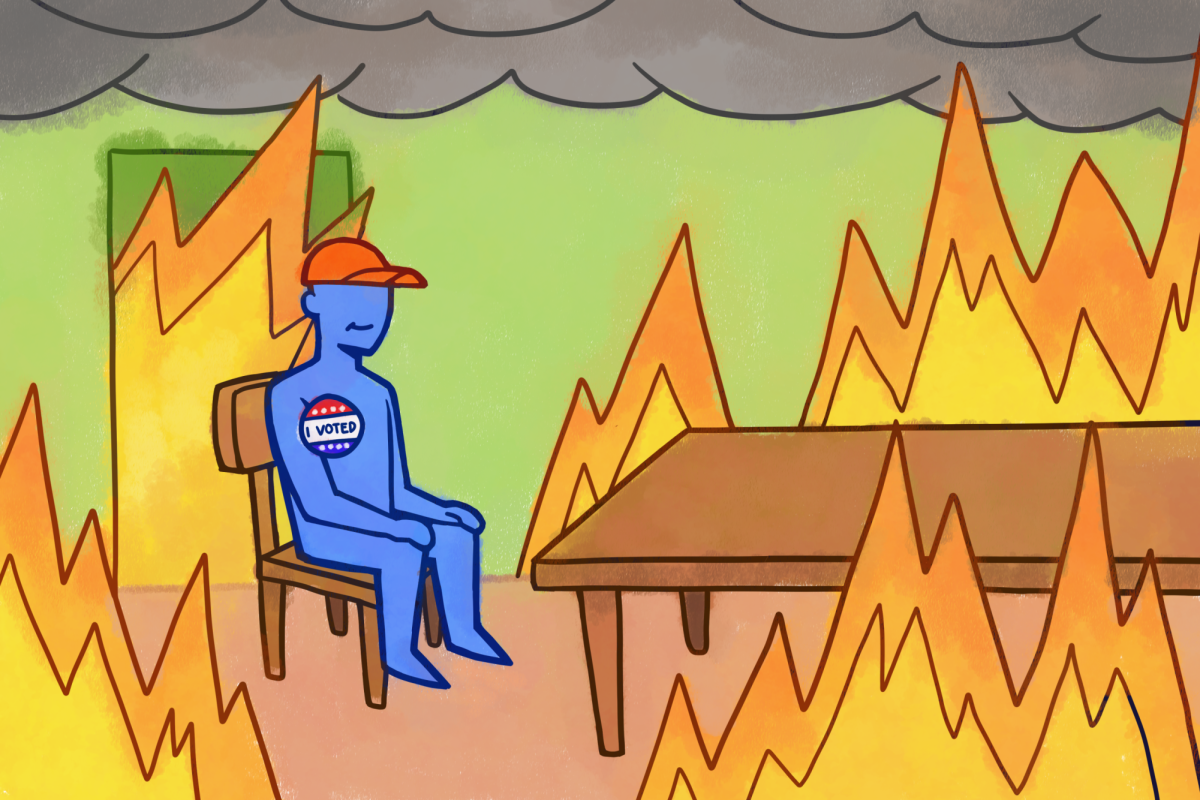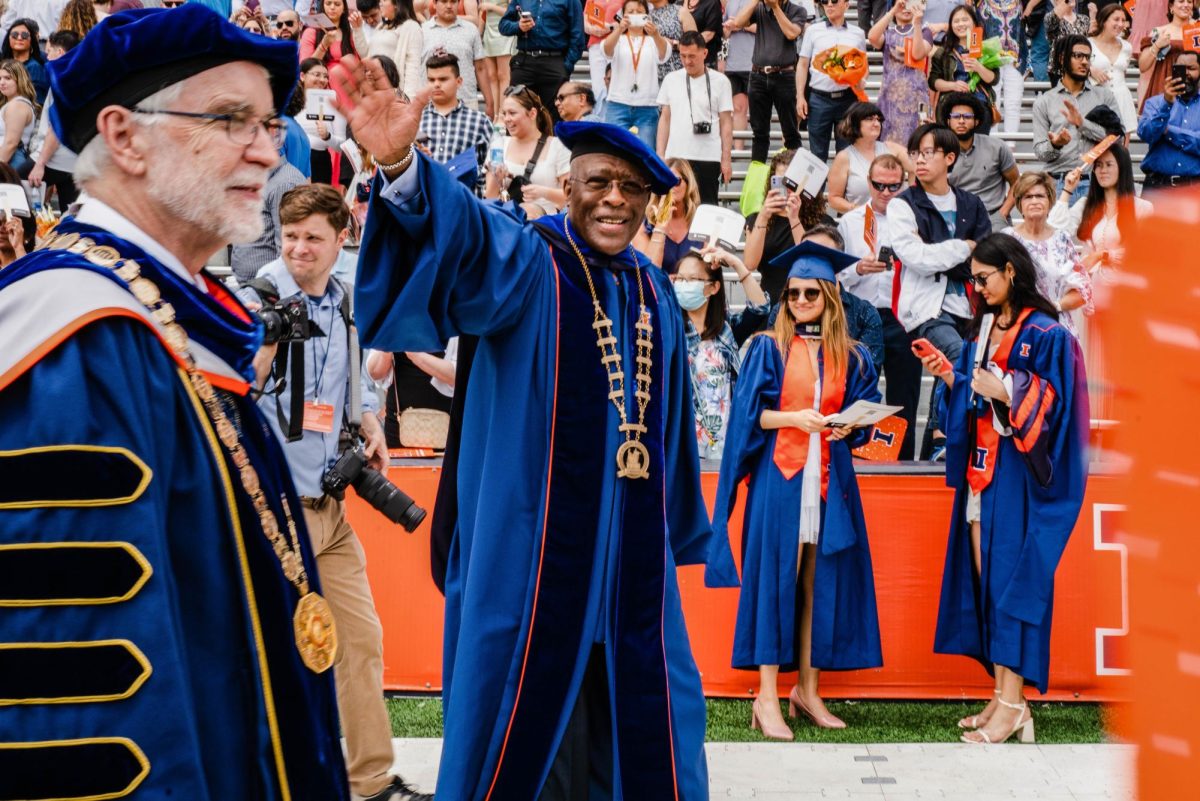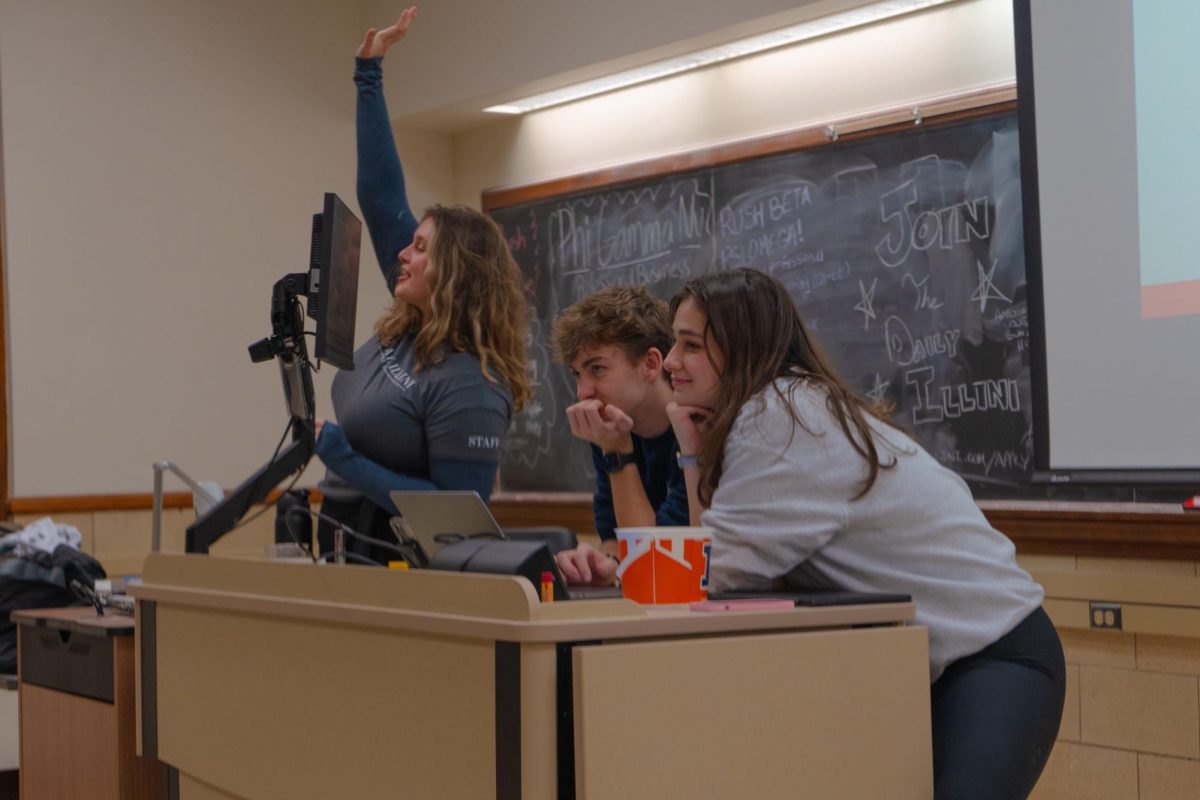Although we get furious at corrupt bankers like Fannie Mae CEO Daniel Mudd, who earned a $13.4 million salary in 2007 while his company plummeted, we don’t think twice about how NFL and NBA owners dish out buckets of money to their athletes while cutting jobs.
Last week, the Oakland Raiders signed cornerback Nnamdi Asomugha to a two-year, $28.5 million deal. The fact that his $19.25 million 2009 salary is almost twice the amount he made in 2008 ($9.7 million) is baffling.
The Raiders managed to throw more money around, signing punter Shane Lechler to a four-year, $16 million deal. His $4 million yearly paycheck is more than double the $1.8 million annual average of the previous record contract for a punter.
But instead of wondering how Oakland can dish out more money to its players than any other team but perform under .500 (they went 5-11 last season), try figuring out why any NFL team would increase its spending. After all, the league cut 10 percent of its jobs in December.
The NBA slashed jobs too. Eighty people lost their jobs this winter – 9 percent of its U.S. workforce. Like the rest of the country, the NBA is cutting back because of the overall economic slump, which it says has slowed season-ticket renewals.
Maybe if the league cut ticket prices, it’d find that people are still willing to attend games. And maybe if the leagues funneled some of its profits into the pockets of its behind-the-scenes employees instead of the Air Jordan sneaker collections of their athletes, they wouldn’t have to fire anyone. What concepts!
Surely the NFL and the NBA have the money to do both things. If the Phoenix Suns can pay Shaquille O’Neal $20 million in 2009, the league has plenty of room to cut costs.
But even if franchises wanted to trim the money, the leagues’ players are unlikely to be willing to sacrifice any of their millions.
Take Indianapolis Colts 13-year veteran, Marvin Harrison, for example.
On Monday, Harrison opted out of his contract after the Colts said they wanted to renegotiate his $13.4 million salary. Although Harrison holds the NFL record for most receptions in a season (143, 20 more than the next highest) and is a 13-year Colts veteran, his numbers have shown that he’s in the decline.
By cutting Harrison loose, both parties get what they want. The Colts don’t have to pay him more money than they think he’s worth, and Harrison can go somewhere else so he doesn’t make a few dollars less per year.
Other teams should follow suit if they’re as affected by the recession as they say they are. If they’re worried about ticket sales decreasing, wouldn’t athletes and executives want to help fans out as much as possible? Not only for the fans’ sakes, but for their own.
After all, American sports fans are responsible for the athletes’ cushy salaries. Without people paying for stadium seats, there’s no income.
But if the NFL continues to set unprecedented salary records like Asomugha’s, the league will enter dangerous territory.
Since it will take more and more money to satisfy the athletes’ contractual demands, where will the money come from? The NFL and NBA can’t keep firing their employees. So the burden will be placed squarely on the sports fans, forcing them to empty their pocket books so athletes can further pad theirs.
Pro athletes should consider speaking up for people who are losing their jobs, because without them, there will be no one to buy the tickets that pay their salaries.
Allyson Kloster is a senior in Media. She can be reached at [email protected]









